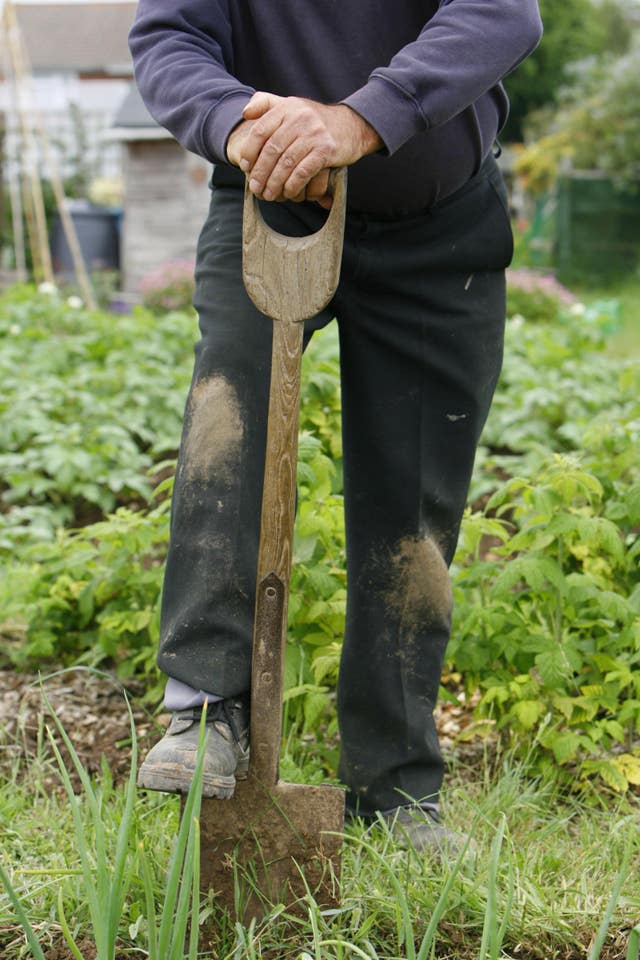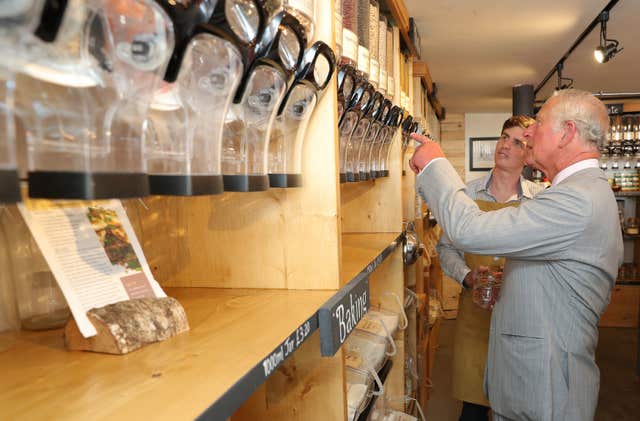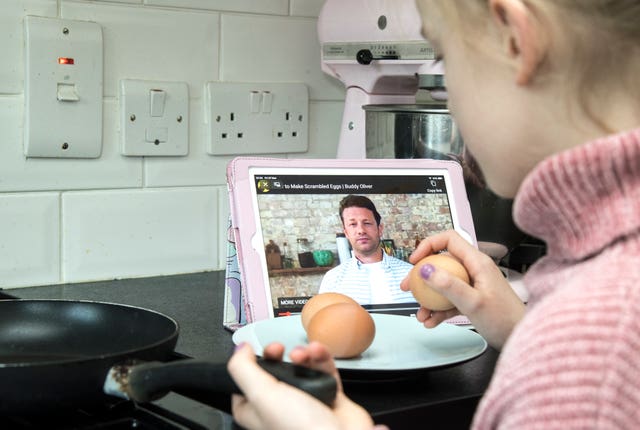Life on the inside: 10 ways to be eco-friendly during lockdown
A spell in isolation might be an opportunity to change habits and help the environment.

The coronavirus shutdown has already cleared the roads of rush hour traffic as people across the nation ditch their daily commute to work, resulting in reduced air pollution.
And as millions of us isolate at home, we can use the hours usually spent commuting to boost this environmental silver lining.
Here is how to make eco-friendly choices while staying at home:
1. Dig into your cupboards rather than panic-buying new items
Being forced indoors might lead some to panic about how they are going to fill the long hours spent at home, but buying lots of new products online is not the most eco-friendly solution.
Instead, why not rediscover old board games you have had stored in your cupboard for years, and books you have never got round to reading?
Check your storage spaces and wardrobes for a Narnia of opportunities you have had hidden away without even knowing.
2. Grow your own veg
If you have got a garden, or even a window ledge where you can keep houseplants, why not invest in seeds for future food?
Lettuce, potatoes, parsnips, carrots, spring onions and tomatoes are all staple ingredients which can be grown in the UK.
And all you need are seeds, soil, sunlight and a little water for your sprouting veg.

3. Recycle
With restaurants and cafes closed for the foreseeable future, and no canteen to grab your weekday lunch, it is important to choose your food wisely.
Opting for foods with recyclable packaging and making use of your recycling bin is one easy step to reducing your contribution to landfill.
4. Shop at zero-waste stores
Even better than recycling packaging is opting for no packaging at all.
As stockpilers target supermarkets, heading for your local zero-waste shop may be the smarter option both for the environment and for your food haul.
Many local shops and independent zero-waste stores are better stocked than the supermarkets at the moment, where people are queuing at the doors.

5. Opt for reusable toiletries
Next time you look to replace your toothbrush, why not go for a bamboo option to help save on plastic waste?
Each person uses an estimated 300 toothbrushes in their lifetime, and a single plastic brush can take thousands of years to decompose, so this small switch can make a large long-term difference.
Brands such as Boobalu, The Pearly White Club and The Humble Brush offer eco-friendly alternatives for you to avoid contributing to the plastic pile-up.
For women seeking eco-friendly sanitary products, washable mooncups made from organic materials are also an eco-friendly alternative from single-use tampons and pads.
6. Eat less meat
Scientists have said eating less meat is the single most effective way an individual can reduce their impact on the planet.
Why not swap meat for vegetarian or vegan substitutes, such as plant-based burgers, sausages and even pulled “pork”.
It might not be possible to grab a controversial vegan sausage roll from Greggs right now, but there are plenty of plant-based alternatives in the supermarket.
7. Cook more
Now you have got all this free time on your hands, why not dig out old cook books, or search online for new recipes.
Cooking with fresh ingredients means you are likely to be throwing away less plastic packaging common in microwave or quick-fix meal options, and it usually wields healthier and tastier results.
For more guidance on batch meals you can cook in the isolation period, check out our guide to batch cooking.

8. Cut down on energy use in your home
Simple actions such as switching off your laptop at your work-from-home station at the end of the day can save a lot of energy over time.
Remembering to turn off appliances and lights when they are not in use is the easiest way to make sure you are not wasting energy – and could save money from your energy bill too.
When it comes to laundry, washing clothes on shorter and colder cycles uses less energy, and while would-be beer garden weather prevails, you can make use of a clothes airer to dry your laundry naturally instead of turning on the tumble-dryer.
9. Cut down on water waste
Now you are spending more time at home, it might be tempting to procrastinate in the shower.
However, taking efficient showers can greatly reduce water waste, and thus the energy you are using.
Taking 10 minutes to wash the dishes by hand instead of loading up an energy-guzzling dishwasher can also help you cut down on water waste.
10. Ditch your car if you can
Although much of the country has ditched their morning commute for a walk to their desk or makeshift work station, many people can still walk to the supermarket instead of driving.
If you are within walking distance of a grocery shop, bringing a large rucksack and spare bags for your weekly shop means you can carry your food home.
Walking to the supermarket can also contribute to your recommended daily exercise to help you stay healthy and keep your immune system ticking over should you need to fight off Covid-19.





